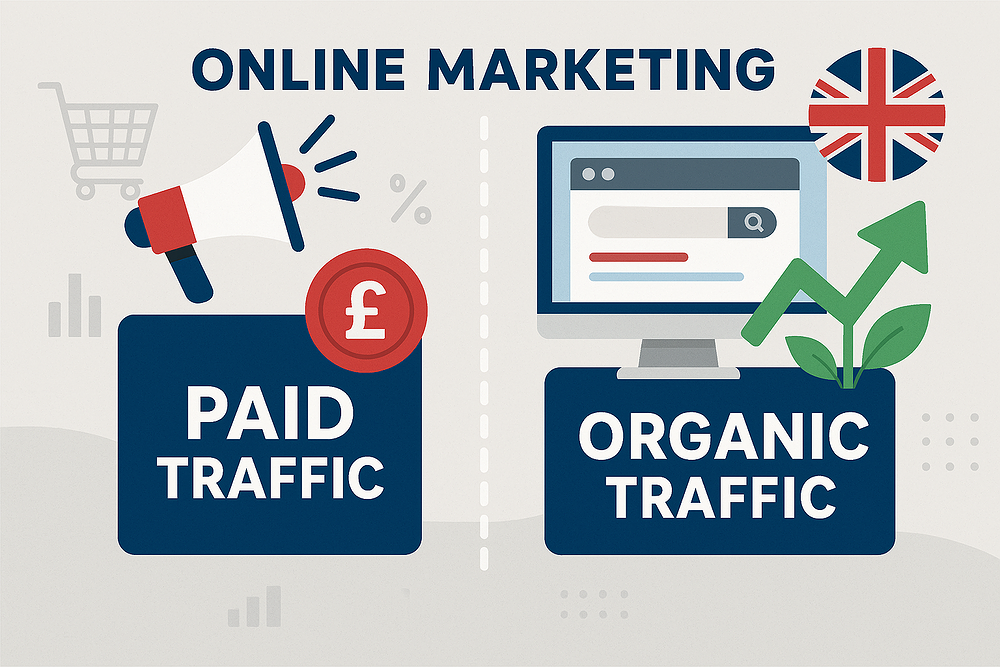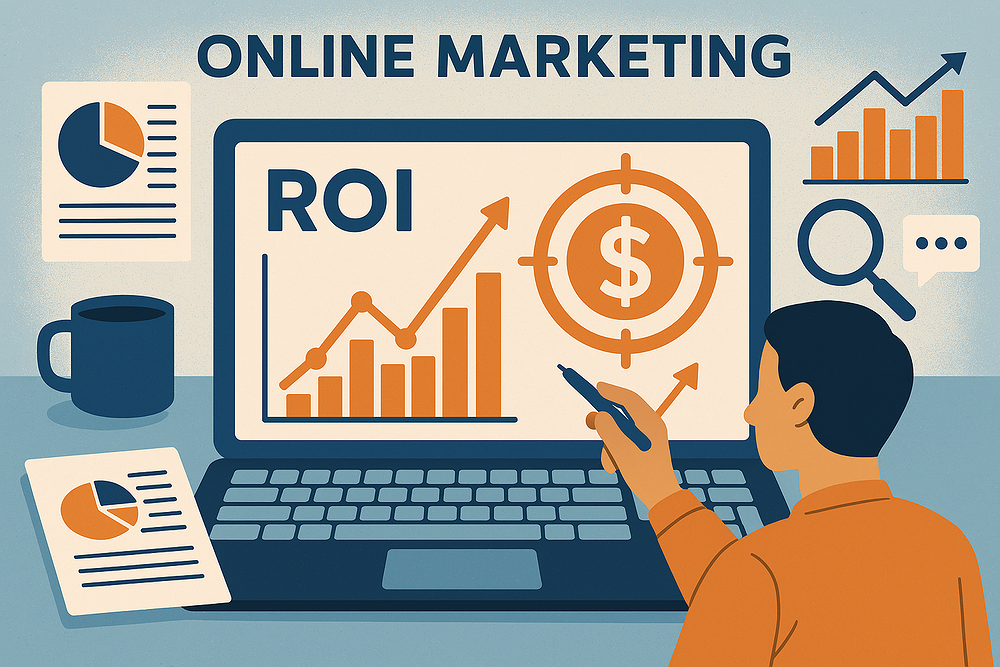How to Leverage Content Marketing to Increase Your Online Authority

In today's digital landscape, establishing yourself as an authority in your industry isn't just beneficial—it's essential for business growth. Content marketing stands as one of the most effective strategies for building this authority while simultaneously attracting and engaging potential customers. But what exactly does it take to create content that positions your business as a trusted expert in your field? Let's explore practical strategies that can elevate your online presence and authority.
Understanding the Value of Online Authority
Before diving into tactics, it's important to understand what online authority means and why it matters. Online authority is the level of trust, expertise, and influence your business commands in its industry. High authority translates to:
- Better search engine rankings
- Increased customer trust
- Higher conversion rates
- More referrals and word-of-mouth marketing
- Stronger industry recognition
When potential customers view your business as an authority, they're significantly more likely to choose your services over competitors. Content marketing is your vehicle to demonstrating this expertise consistently and authentically.
Building Your Content Marketing Foundation
1. Know Your Audience Inside and Out
The cornerstone of effective content marketing is understanding exactly who you're trying to reach. Develop detailed buyer personas that include:
- Industry and role
- Typical challenges and pain points
- Knowledge level about your services
- Preferred content formats
- Questions they commonly ask
This knowledge allows you to create content that resonates deeply with your target audience, addressing their specific needs rather than broadcasting general information.
2. Develop a Coherent Content Strategy
Random blog posts won't build authority. Instead, develop a organised content strategy that:
- Aligns with your business goals
- Covers topics across the customer journey
- Maintains a consistent publishing schedule
- Balances educational, inspirational, and promotional content
- Integrates with your other marketing activities
Your strategy should map out content themes, types, channels, and a realistic publishing calendar that your team can sustain.
Content Types That Build Authority
Educational Content
Position yourself as an industry expert by creating content that educates your audience:
- How-to guides and tutorials: Walk readers through processes relevant to your services, like "How to Automate Your Customer Follow-up Process" or "A Beginner's Guide to AI for Small Businesses"
- Industry reports: Share original research or data analysis that provides unique insights
- Explainer articles: Break down complex concepts into digestible, easy-to-understand content
Educational content demonstrates your expertise while providing genuine value to your audience.
Thought Leadership
Thought leadership content pushes boundaries and presents fresh perspectives:
- Opinion pieces: Take a stance on industry developments or practices
- Trend analysis: Interpret emerging trends and their potential impact
- Prediction articles: Share your informed vision about the future of your industry
This type of content shows that your business isn't just following the industry—it's helping to shape it.
Case Studies and Success Stories
Nothing builds credibility like proven results:
- Showcase real client problems you've solved
- Highlight measurable outcomes achieved
- Explain your approach and methodology
- Include authentic testimonials
Case studies transform abstract claims about your expertise into concrete evidence of your capabilities.
Optimising Content for Maximum Impact
SEO Best Practices
Content that no one sees won't build authority. Implement these SEO essentials:
- Keyword research: Identify terms your target audience is searching for
- On-page optimisation: Strategically incorporate keywords in titles, headings, and throughout content
- Internal linking: Connect related content to keep visitors on your site longer
- Technical SEO: Ensure your site is mobile-friendly, fast-loading, and properly indexed
Remember that search engines prioritise content that provides genuine value to users, so quality always comes first.
Content Formatting for Readability
Even the most insightful content fails if it's difficult to consume:
- Use clear, descriptive headings and subheadings
- Break text into short paragraphs
- Incorporate bulleted and numbered lists
- Include relevant images, diagrams, or infographics
- Highlight key points with bold text or callout boxes
Well-formatted content respects your reader's time and makes information easy to scan and digest.
Distribution and Promotion Strategies
Multi-Channel Promotion
Creating great content is only half the battle—you need to promote it effectively:
- Share on social media platforms where your audience spends time
- Include content in your email newsletters
- Repurpose content into different formats (turn blog posts into videos, infographics, or podcasts)
- Consider paid promotion for your most valuable content
Each piece of content should have a promotion plan attached to it.
Building Backlinks
Backlinks from reputable sites significantly boost your authority:
- Create high-value, reference-worthy content
- Reach out to industry publications offering guest posts
- Participate in relevant industry forums and communities
- Collaborate with complementary businesses on content
Quality backlinks signal to search engines that others in your industry consider you a trusted source.
Measuring and Refining Your Approach
Key Performance Indicators
Track these metrics to evaluate your content marketing success:
- Traffic metrics: Website visitors, page views, time on page
- Engagement metrics: Comments, shares, bounce rate
- Conversion metrics: Newsletter signups, contact form submissions, service enquiries
- SEO metrics: Search rankings, backlinks, domain authority
Set realistic benchmarks and regularly review performance.
Continuous Improvement
Use data to refine your approach:
- Analyse which topics and formats perform best
- Survey your audience about their content preferences
- Update older content to keep it relevant
- Experiment with new content types based on trends and audience feedback
The most successful content marketing strategies evolve based on results and feedback.
Starting Small and Scaling Up
If you're new to content marketing, don't feel overwhelmed by the need to implement everything at once. Start with:
- One high-quality blog post per month on a topic your audience cares about
- A consistent social media schedule that shares your content and engages with followers
- A simple email newsletter that highlights your latest content
As you build momentum and see results, gradually expand your content marketing efforts.
Conclusion
Building online authority through content marketing isn't an overnight process—it requires consistent effort, strategic thinking, and a genuine commitment to providing value. By focusing on creating high-quality, audience-focused content and promoting it effectively, your business can steadily build recognition as a trusted authority in your field.
Remember that the most effective content marketing doesn't just talk about your services—it demonstrates your expertise by actually helping your audience solve problems and make informed decisions. When you consistently deliver this kind of value, increased authority, engagement, and ultimately, business growth will follow.
Talk to us about your next project
Our team of experts is ready to help bring your ideas to life with solutions tailored to your business.
Get in Touch

